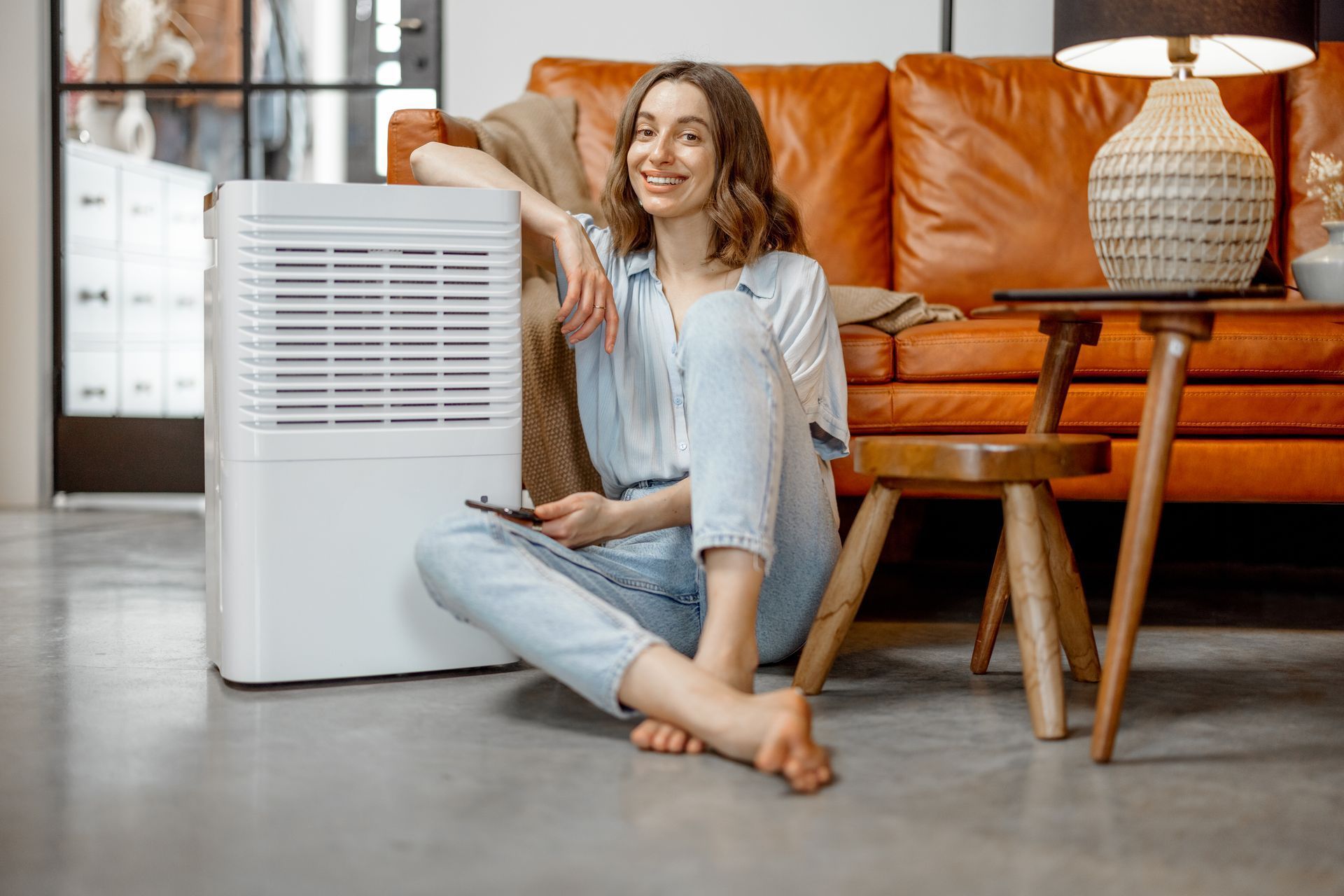Call Us Today! (361) 851-4444
Avoid Common Heat Pump Problems – Keep Your Home Comfortable All Year Round
If you live in a region that experiences hot summers and cold winters, then you probably rely on your heat pump to keep you comfortable through the year. Heat pumps are one of the most efficient and cost-effective ways to heat and cool your home, but they’re not without their potential problems.
In this blog post, we’ll discuss some of the common issues that can plague a heat pump and what you can do to avoid them. We’ll also provide some helpful tips on maintaining your heat pump to ensure that its performance doesn’t suffer over time. By following these simple steps, you can rest assured that your home will keep you comfortable all year round.
What is a Heat Pump?
A heat pump is a device that uses refrigerant and coils to transfer heat from one area to another. Heat pumps are a type of HVAC system and are most commonly used to heat and cool homes. Heat pumps work by transferring heat from one area of the house to another; in the summer, the air inside is cooled by removing the hot air and exchanging it for cooler air from outside, and in the winter, it works in the opposite direction by taking heat from the outside air and bringing it inside.
Common Heat Pump Problems
Heat pumps, like all mechanical devices, can develop problems over time. Here are some of the most common heat pump problems and simple solutions.
Dirty or Clogged Coils
The coils are the most important part of a heat pump, as they are responsible for transferring the heat from one area to another. Over time, these coils can become dirty and clogged with dust and debris, which can lessen the efficiency of the heat pump and reduce its effectiveness. This can lead to higher energy bills and less comfort in your home.
To avoid this problem, make sure to check the filters and coils on your heat pump regularly and replace the filters when needed. It’s also important to check the coils regularly for dirt and debris and vacuum or rinse them off when needed.
Lack of Refrigerant
Heat pumps use refrigerant to transfer heat from one area to another. If there’s a leak in the system, then this refrigerant can escape, which can cause the heat pump to perform poorly and become inefficient. If your heat pump is not working properly and you notice a decrease in airflow, then it’s likely that there’s a leak in the system and the refrigerant needs to be refilled.
To avoid this problem, make sure to have your heat pump inspected regularly by a professional to check for any signs of a refrigerant leak.
Capacity Limitations
Heat pumps have a certain capacity for how much heat they can transfer. If there is too much heat being transferred, then the system can become overworked and this can lead to component failures and decreased efficiency.
To avoid this problem, make sure that your heat pump is the correct size for your home and calculate how much heat is being transferred to ensure that the system is not overloaded.
Improper Installation
Improper installation of your heat pump can lead to all sorts of problems. If the system is not correctly set up, then it can cause inefficiency, component damage, and increased energy costs.
To avoid this issue, it’s important to hire a
professional HVAC contractor to install your heat pump. This will ensure that the system is correctly installed and that all of the components are in good working condition.
Maintaining Your Heat Pump
Maintaining your heat pump is one of the best ways to ensure that it stays in good working condition. Here are some helpful tips for keeping your heat pump running smoothly:
- Clean or replace air filters regularly. Dirty air filters can reduce the efficiency of your heat pump and can lead to poor performance. Make sure to check your air filters monthly and replace them as needed.
- Have the system inspected and maintained annually. An annual inspection and maintenance will ensure that your system is running at peak efficiency and is free from any potential problems.
- Clean the outdoor unit. The outdoor unit of the heat pump is exposed to the elements, so it’s important to clean it regularly. Clean it at least once a year to avoid dirt and debris buildup.
- Check the ductwork regularly. Make sure to check the ductwork for any signs of damage, such as cracks and leaks. This will help to prevent your system from losing valuable heat.
- Make sure your thermostat is working properly. If the thermostat is not calibrated correctly, then your heat pump may not be able to accurately sense the temperature of your home. This can lead to inefficient performance and higher energy bills.
- Check for any refrigerant leaks. If your heat pump is not performing properly, then it could be due to a leak in the refrigerant lines. Have a professional check for any signs of a leak.
Conclusion
Heat pumps are a great way to keep your home comfortable throughout the year, but if you don’t take the proper steps to maintain it, then it can experience problems that can reduce its efficiency and comfort levels.
By following the tips in this blog post, you can avoid many of the common heat pump problems and ensure that your home stays comfortable all year round.
If you suspect you are having problems with your heat pump, then it’s important to call a professional HVAC technician right away.
AirBoss provides heat pump repair services to both residential and commercial properties in Rockport, TX, and the surrounding areas. Give them a call at
(361) 851-4444 and they can help get your heat pump running smoothly in no time.




QUICK LINKS
CONTACT INFO
Phone:
Address:
834 Hwy 35 South
Rockport, TX 78382
Hours:
- Mon - Fri
- -
- Sat - Sun
- Closed
Available 24/7 for Emergency Services
Copyright © 2024
AirBoss, All Rights Reserved.




